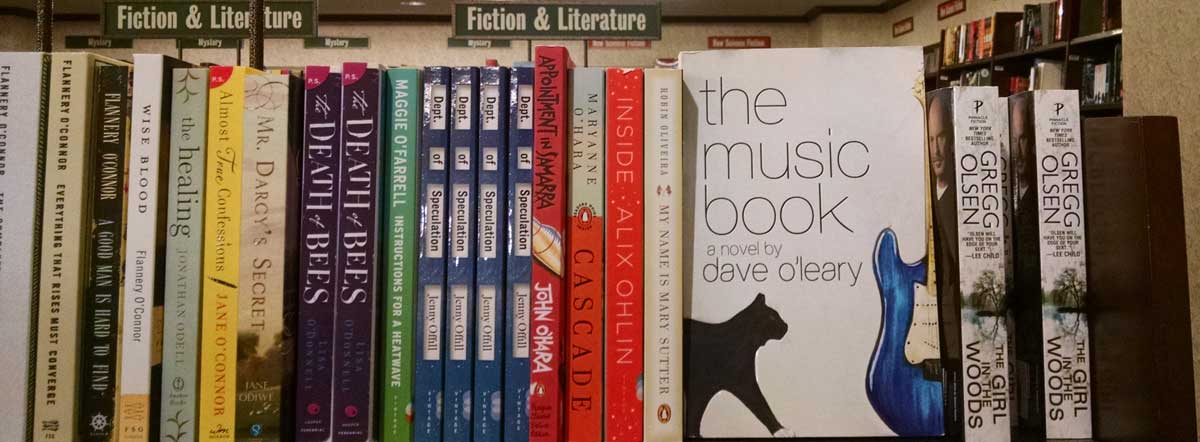Today, we’re back for number eight in my series about my favorite passages in literature that speak to what it means to write and play at creating this thing called a novel. Today, I give you Haruki Murakami from a short story in The Elephant Vanishes. The story is “The Last Lawn of the Afternoon,” and the main character is remembering the events of a summer in his past.
8. “Memory is like fiction; or else it’s fiction that’s like memory. This really came home to me once I started writing fiction…no matter how hard you try to put everything neatly into shape, the context wanders this way and that, until finally the context isn’t even there anymore. You’re left with this pile of kittens lolling all over one another. Warm with life, hopelessly unstable.”
That’s how I often feel, especially when writing in a semi-autobiographical manner as both The Music Book and Horse Bite have been. Some things I’ve written about have been pretty close to the actual mark. Others have only been inspired by some event or detail. The thing is that when writing there is the first draft, the initial moment of getting something down and making the deliberate decision to change a few things, or a lot of things, and it’s in that moment when the doubts might first creep in. How did that happen? What did I say?
But then I get on with writing about those changed details, thinking about them, tweaking them to make them better fit. And there’s editing and more editing and reworking bits and rewriting others so that when the manuscript is done those changed bits are the ones that seem real, are the ones that come to mind when trying to remember the original event. And it’s because the changes added something. They’ve rounded out the shape and given meaning to what was just an event in my life or a moment that stuck in my memory. The written version is bigger. It becomes what everyone knows, what everyone reads, what everyone, sometimes even the writer, remembers.

